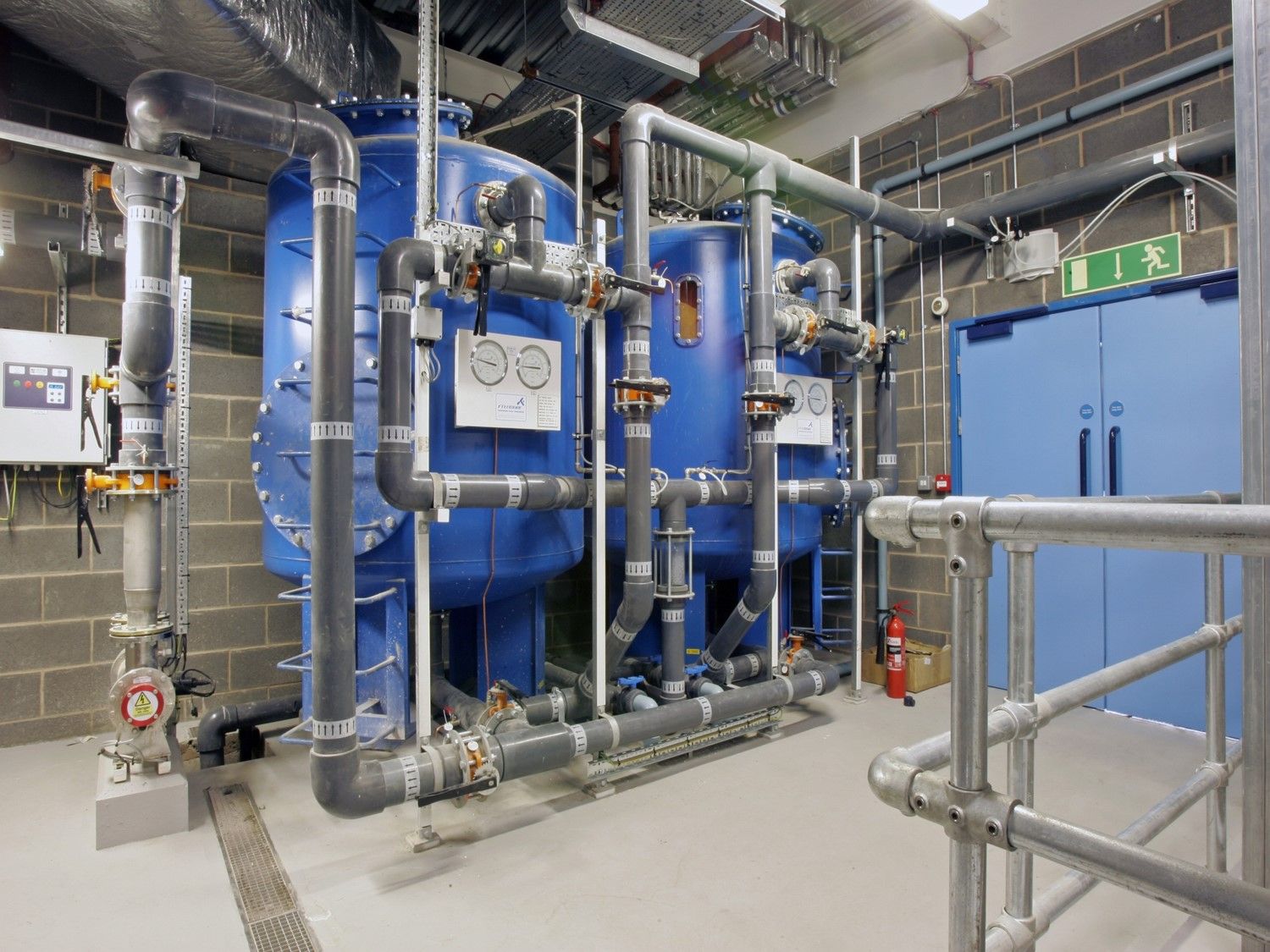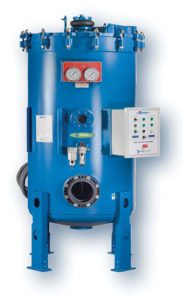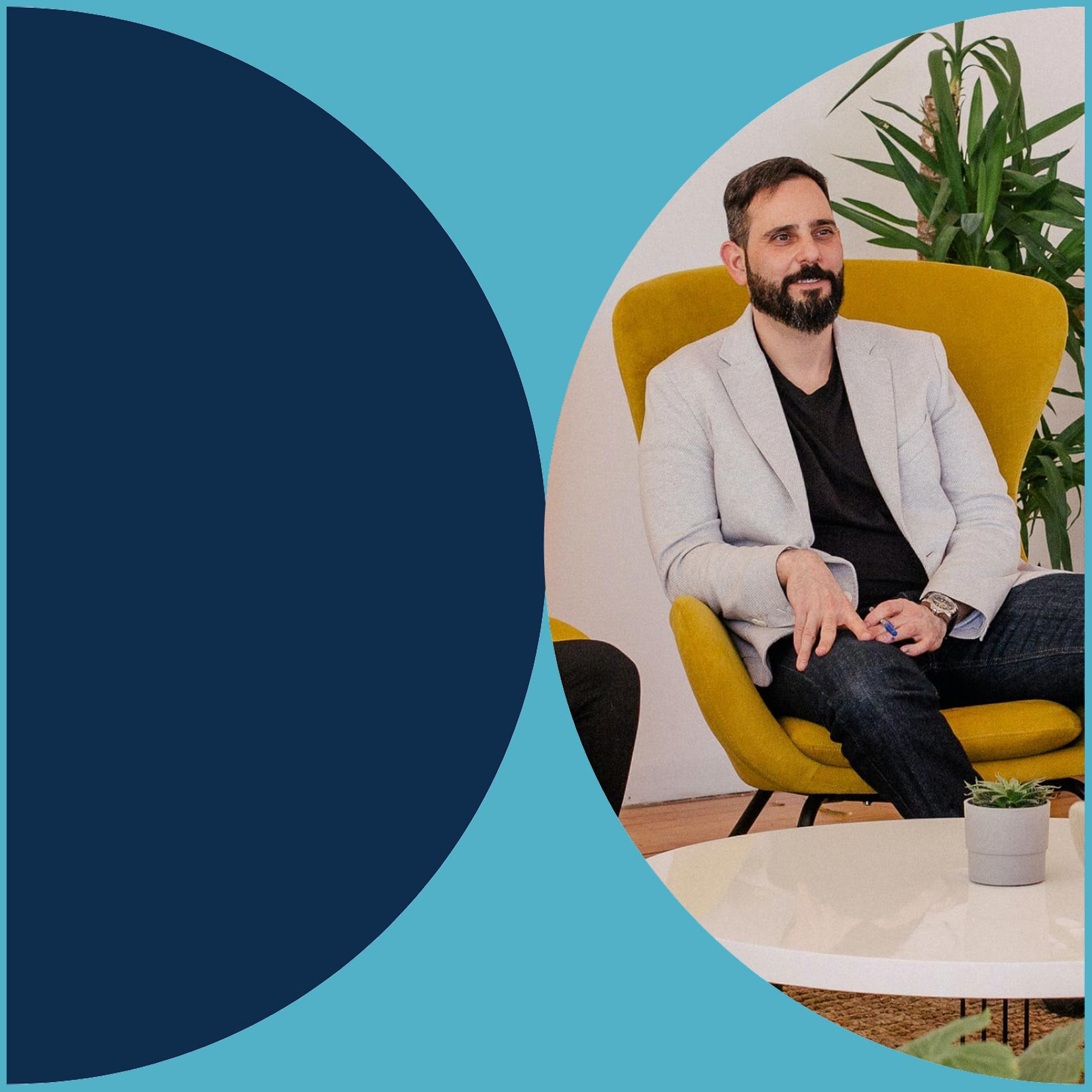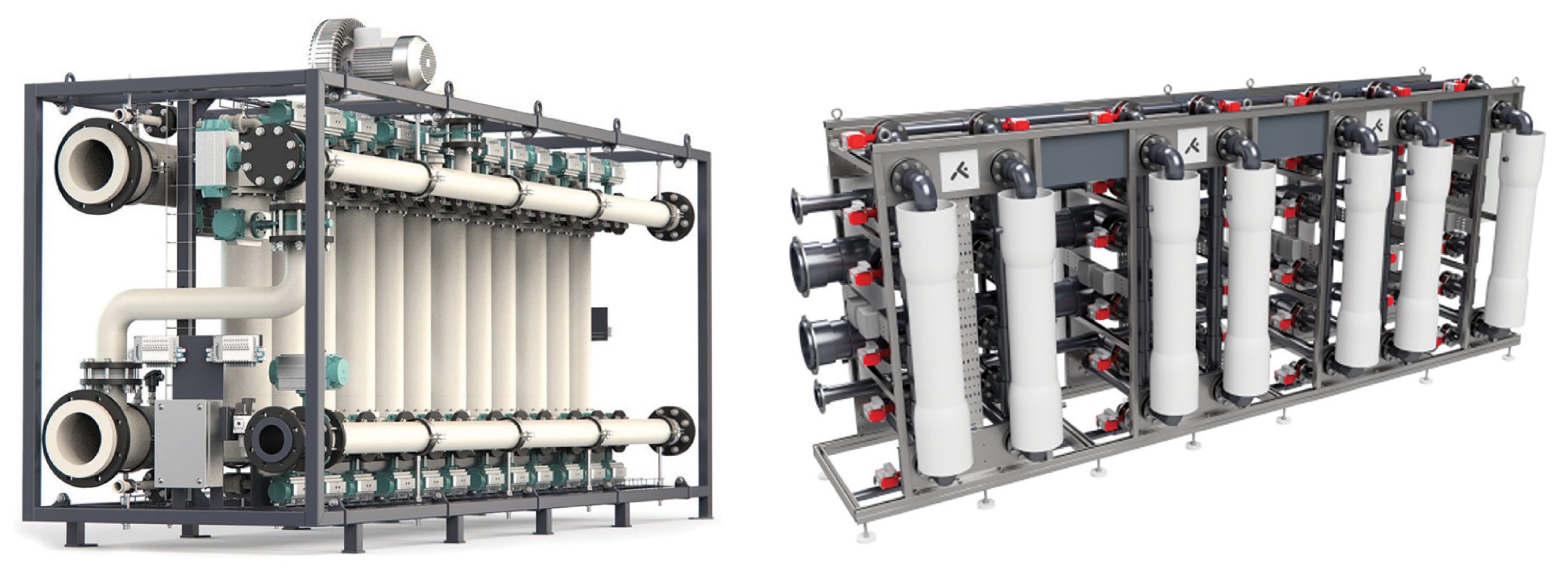
Update
ECO water treatment from Devin – Engineering sustainability
11th June, 2025
This article is the second in our ECO water treatment design series and focuses on the engineering measures that should be considered when designing an energy efficient pool water treatment system.
ECO water treatment is the new design approach developed by Devin, taking full account of Passive House and PWTAG Net Zero guidelines. ECO criteria commences with setting energy targets and then addresses up to 26 specific aspects of system design, including complete system head loss modelling, to provide for a fully optimised low-energy plant.
Would your project benefit with a Devin designed ECO water treatment system which can be up to 50% more energy efficient than a standard plant design?
There is no water treatment sustainability ‘silver bullet’ but there are many design measures that can be applied that when added together will have a significant effect. A selection of some of the key design considerations is set out below.
1. Establish energy targets
Identifying and getting client commitment to targets is an essential first step. Passive House identify reasonable and achievable energy targets, a main one being power at 25-40W per m3/h of circulating water; Devin have established a target that is more comprehensive in its approach to achieve better energy savings and lower operational costs.
2. Balance tank design
Balance tanks on deck level pools serve three purposes:
- facilitate continuous surface water removal
- accommodate bather water displacement
- accommodate backwash water.
The balance tank design static water level should be designed to be as close to the pool design static water level as possible, so as to minimise the loss of energy through water falling under gravity. There is also the option of a split balance tank for greater level control.
3. Surface water removal/transfer channel design
The transfer channel should be designed and located so water can be transferred to the balance tank with minimum head loss. The channel should be no deeper than necessary for this to occur effectively and drop pipe design will require careful detailing.
4. Pump efficiency
Pumps convert electrical power into hydraulic power. Pumps should be selected for overall efficiency; this will depend on an array of factors including the efficiency of the motor, the speed of rotation, the design of the impeller and the housing, the materials used, and the degree of wear. Selecting pumps with the highest efficiency will cost more, but with typical paybacks of 1 – 2 years, are an opportunity that should not be missed.
5. Filtration methodology
There are three main options for water filtration in the UK – sand/glass media, ceramic membrane and regenerative media. There is little to differentiate them in terms of head loss. Ceramic and regenerative do offer benefits in terms of smaller backwash water volumes, and potential infrastructure benefits. For minimum head loss, drum filters can be used, though this approach is not known in the UK. Clients need to be aware of the capabilities of all of these technologies with respect to suppliers claims.

6. Hydraulic modelling
After the first plant design and layout has been completed, a hydraulic model should be prepared to estimate the energy usage of the system for checking against the agreed energy targets. Iterative design will then allow for honing the system for energy efficiency. The Devin ECO hydraulic model has been benchmarked against real installations and has shown a prediction accuracy of better than 95%.
7-26. Further ECO design considerations
There are many more matters to address to ensure that the system design is fully optimised with regards to minimising energy. These include plant sizing and derogation, plant location, balance tank location, strainer baskets, pump reducers and expanders, pump flooded suction, pipework velocities, fittings, UV system design, instrumentation, backwash water and more.
With ECO water treatment, Devin Consulting address this extensive range of engineering measures to deliver a sustainable low energy plant to an agreed target. If you would like to have a friendly informative chat about how your project can take advantage of the Devin ECO water treatment sustainability opportunities, please contact Sam Gledhill sgledhill@devin-consulting.com or Tom Devin tdevin@devin-consulting.com







